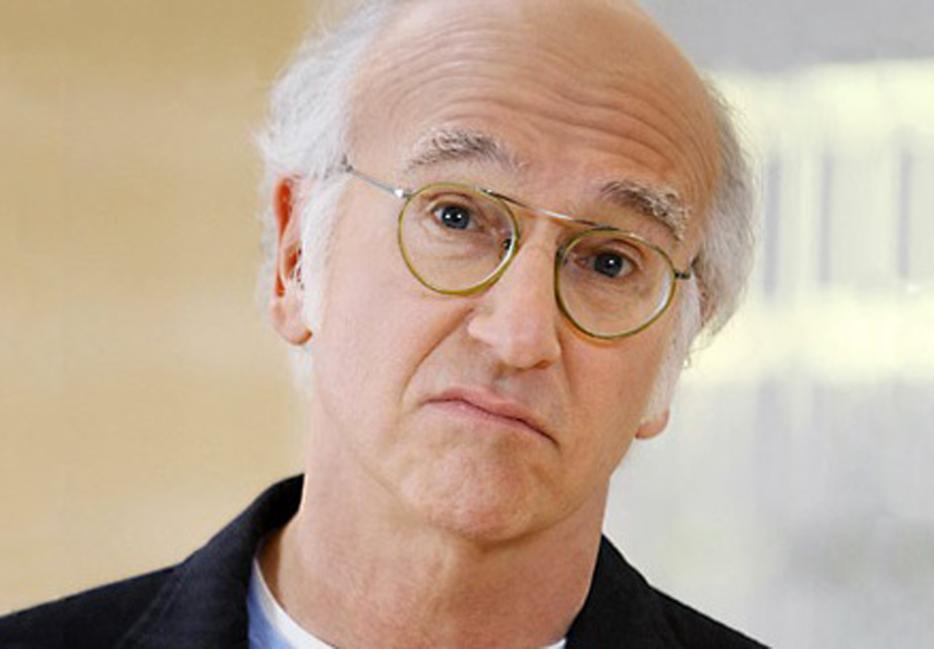We’ve all been friends with that person. The one who manages a high-stressed job, picture perfect relationship all the while canning peaches, knitting intricate sweaters “just because” and whose backhands would make Serena Williams weep. Oh, this old thing, they feign as they trot out homemade jerky (after hunting, killing, dressing and drying the meat themselves, of course).
We love them because they’re wonderful, but really, after hours upon hours of far-fetched humility, sometimes you wind up feeling in desperate need of a Kanye-esque declaration of self-importance. One grandiose “I am a Jedi” moment (thank you Tracy Jordan) and we can sigh in relief at the presence of a slightly elevated being in the room who is at least somewhat self-aware.
But really, people just want to see other people fucking up—not necessarily in the devastating-for-others “Heckuva job, Brownie” sense, but in the please don’t let me be the only one that crapped in my pants at the Pizza Hut buffet kind of way. Hence, the appeal of the everyman and woman. They may be award-winning, record-breaking geniuses, but their most memorable, lasting images come from them playing less successful, more debased and difficult versions of themselves (if you count wearing a snuggie while eating a giant block of cheddar as a failure, that is, which of course I do not). It’s in acknowledging and then mining their weaknesses that these artists have been able to realize their greatest creative potential. Here are five of our favourites. (Britt Harvey)
Philip Roth as Nathan Zuckerman, David Kepesh and Philip Roth versus Philip Roth
Roth’s work is full of duplicates and doppelgangers and surrogates, versions of the author whose lives and accomplishments mirror in many ways their creator’s, but who also provide Roth with vehicles for the indulgences and indignities he may have only imagined or anticipated as inevitabilities. Zuckerman, over the course of his literary life, battles with crippling pain, considers abandoning writing, fights with his ill brother, and struggles with incontinence, all the while treating the women he meets more or less like shit. Kepesh is Roth at his most awkward, least adept, most lustful, least fuckable. Roth as Roth is largely reserved for his struggles with Jewishness and Americanness, whether as a scared and confused child in an alternate-reality U.S. presided over by a Nazified Charles Lindbergh, or as a grown man confronting an impostor who forces him into a reluctantly hawkish stance on the role and importance of the state of Israel.
At least some of these things are based in fact; ask Roth’s ex-wife Claire Bloom about how he treats the women in his life. But, despite the ostensibly confessional nature of his writing, his real interest in these works is in how an author develops a relationship with his characters and, in turn, how readers latch onto those characters and use them as proxies for their relationships with the author. It’s a neat trick, but one that invariably—and, probably, intentionally—asks readers to at least consider whether the monster they’re reading about is, indeed, the same sort of beast as the man who created it. (JG)






